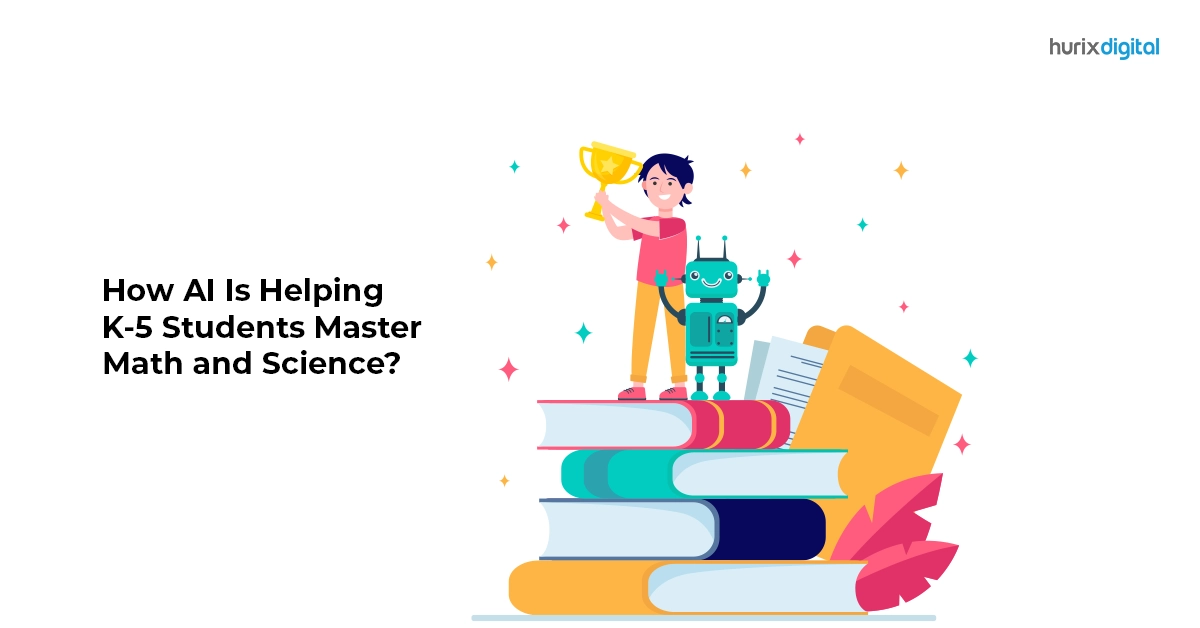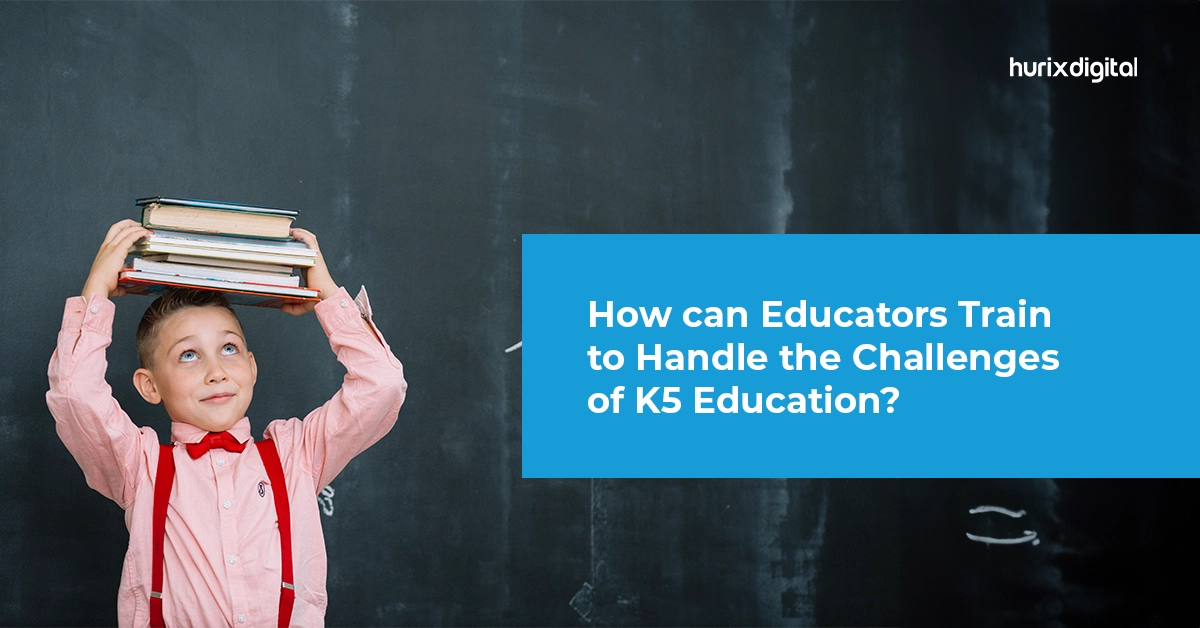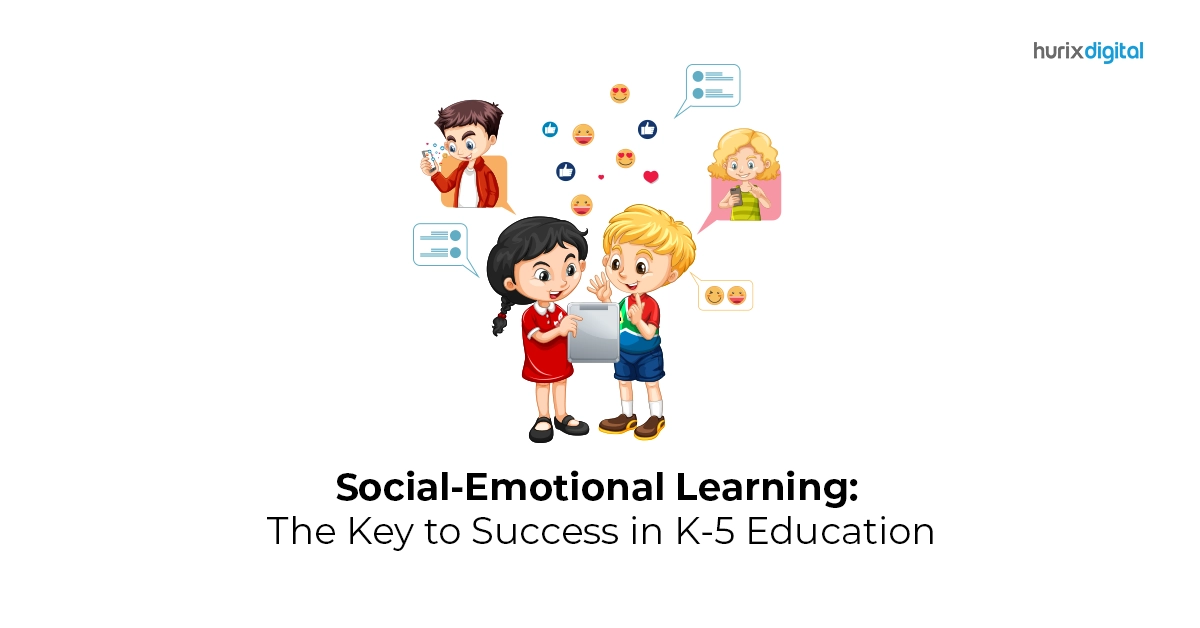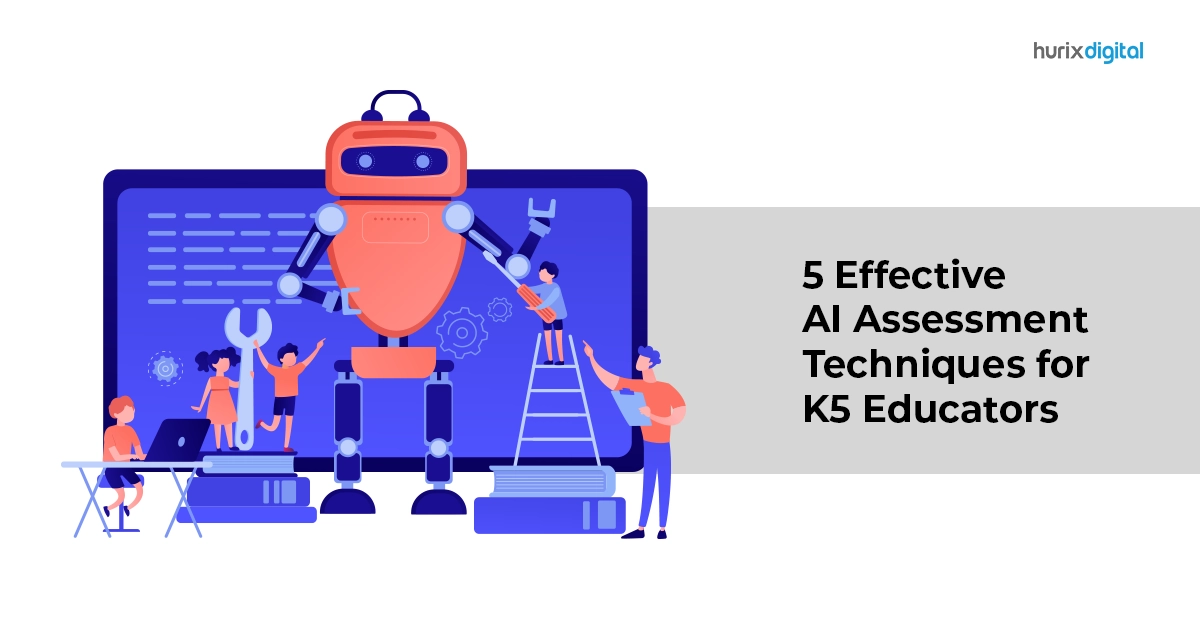Summary
This blog explores the impact of AI in education. We discussed how AI is helping K5 students master math and science with precision.
AI-assisted teaching is changing the game for K5 students and educators worldwide. From daily instruction to experiences beyond the classroom, AI offers countless possibilities to improve math and science education for K5 students.
There’s an ongoing debate about the impact of AI on K5 learning. Many raise concerns over advanced solutions like automated problem-solving and essay writing. Others believe that AI can help students understand their strengths and weaknesses faster than anything else.
Whichever side of the argument you’re on, we can’t deny that AI-powered learning has immense potential. The AI in Education market is projected to reach $30 Billion by 2032, with a compound annual growth rate (CAGR) of 10% from 2023-2032.
In this blog, we explore the role of AI in education and how it is shaping K5 learning in 2023.
Table of Contents:
- How Does AI Impact Math and Science Education?
- 6 Ways AI-Powered Learning is Helping K5 Students Conquer Math and Science
- Preparing K5 Students for the Future
How Does AI Impact Math and Science Education?
Integrating AI tools like ChatGPT in math education helps teachers foster students’ number sense by applying math concepts to real-life situations. AI tools’ ability to generate rich math problems encourages critical reasoning, deep mathematical thinking, and problem-solving skills among K5 students.
AI platforms like augmented reality (AR) and virtual reality (VR) are increasingly used in K5 digital classrooms to simulate real-world scenarios and environments. By bringing abstract science concepts to life, AI tools create immersive learning experiences that spark students’ curiosity.
They also enable students to interact with complex concepts hands-on, deepening their grasp of the subject matter. Let’s dig deeper into how AI is supporting K5 students.
Also Read: How Can Teachers Leverage AI in K12 Education?
6 Ways AI-Powered Learning is Helping K5 Students Conquer Math and Science
We live in a digital age where technology is pivotal in our everyday lives. The goal of modern-day education is to make students ‘AI Ready’.
Here are six ways AI enhances Math and Science learning for 21st Century Digital Learners.
1. Personalized Learning Paths
Over the last decade, teacher shortages have spread, and learner variability has increased. NAEP results revealed that across 26 districts in 2022, 18-77% of 4th-grade students performed below NAEP Basic in mathematics. The large city average was 36%.
As the student population becomes more diverse, AI systems help execute the Sisyphean task of “meeting all students where they are’.
With the help of AI, educators can personalize learning for each student, allowing them to progress at their own pace. Adaptive learning platforms powered by AI algorithms can identify students’ skills and weaknesses, helping them focus on areas that require additional attention.
For instance, McGraw Hill’s ALEKS, a digital supplemental science and math program for grades 3-12, leverages AI to enhance student learning outcomes. It accurately assesses students’ knowledge and determines their readiness to learn more complex concepts.
2. Intelligent Tutoring Systems
Just like learner diversity, the amount of available data has grown exponentially. Analyzing oceans of data to provide personalized support and inform instruction requires exceptional efforts.
Here’s when AI-powered assistants come in handy. By analyzing student performance data, AI-created intelligent tutoring systems provide students with personalized feedback and guidance to navigate their learning journey.
They also help educators gather, interpret, and respond to data to address students’ needs. These systems adapt to students’ learning styles and preferences, assisting students in real-time and helping them overcome challenges and build confidence.
3. Engaging and Interactive Lessons
AI technologies like AR and VR can significantly improve student engagement in math and science education. For instance, students can visualize complex functions or explore three-dimensional geometric shapes in a dynamic virtual space.
These visually engaging representations of abstract mathematical concepts make math more tangible and easier to grasp. The best part is that AI facilitates gamified learning.
AI-powered learning platforms incorporate gamification elements like badges, leaderboards, and rewards, transforming math into an engaging and enjoyable activity.
AR and VR also help students better understand intricate and abstract scientific concepts that may be challenging to comprehend or visualize.
AI tools like virtual labs allow students to conduct experiments in a controlled and safe environment. This gives them more interactive and hands-on experience that traditional classrooms cannot offer.
4. Improved Problem-Solving Skills
Math is inherently linked to problem-solving, and AI plays a pivotal role in honing students’ problem-solving skills. AI-driven tutoring platforms provide individualized guidance and support.
These platforms use adaptive algorithms to analyze student responses, determine misconceptions, and provide targeted feedback and hints to enhance problem-solving abilities.
Students can engage with diverse AI-generated problem sets encompassing various difficulty levels and real-world applications.
These systems help turn students into self-reliant learners and proficient problem solvers by providing step-by-step guidance and real-time feedback.
5. Accurate Assessments and Grading
To err is human.
Educators who create or evaluate standardized assessments can inadvertently make errors, affecting student’s education. On the contrary, AI programs consistently demonstrate remarkable accuracy in practical applications.
For instance, McGraw Hill’s Actively Learn, a digital supplementary curriculum platform designed for grades 3-12 in science, social studies, and English Language Arts (ELA), leverages AI to grade short-answer responses.
By eliminating biases in grading, AI ensures students are assessed based on their actual understanding and knowledge. Timely, valuable comments from both human instructors and AI help students get back on the right track.
6. Greater Accessibility and Inclusivity
Ensuring fair access to AI technologies is critical to fostering a more inclusive educational environment. Students with learning disabilities or those unable to attend in-person classes can now access educational materials, thanks to AI.
With the growth of AI-powered tutoring tools, students from across the globe can now access high-quality education, regardless of their financial background, location, or other barriers.
Also Read: Transforming Education with Smart Classrooms: The Role of AI
Preparing K5 Students for the Future
Every new AI breakthrough serves as a poignant reminder of the technology’s capacity to transform our everyday existence fundamentally.
Instructors can ignite a greater passion for math and science by thoughtfully integrating AI into their teaching strategies. They can prepare K5 students for success in these subjects and in various other aspects of their academic journey and beyond.
If you aspire to revolutionize education at your school to a top-tier standard, Hurix Digital can be your digital transformation partner.
We specialize in tailor-made learning solutions for educational institutions and are a trusted partner of renowned entities like Carnegie Learning, Cambridge University Press, McGraw Hill, and more.
To embark on a cutting-edge educational transformation, connect with Hurix Digital today!










